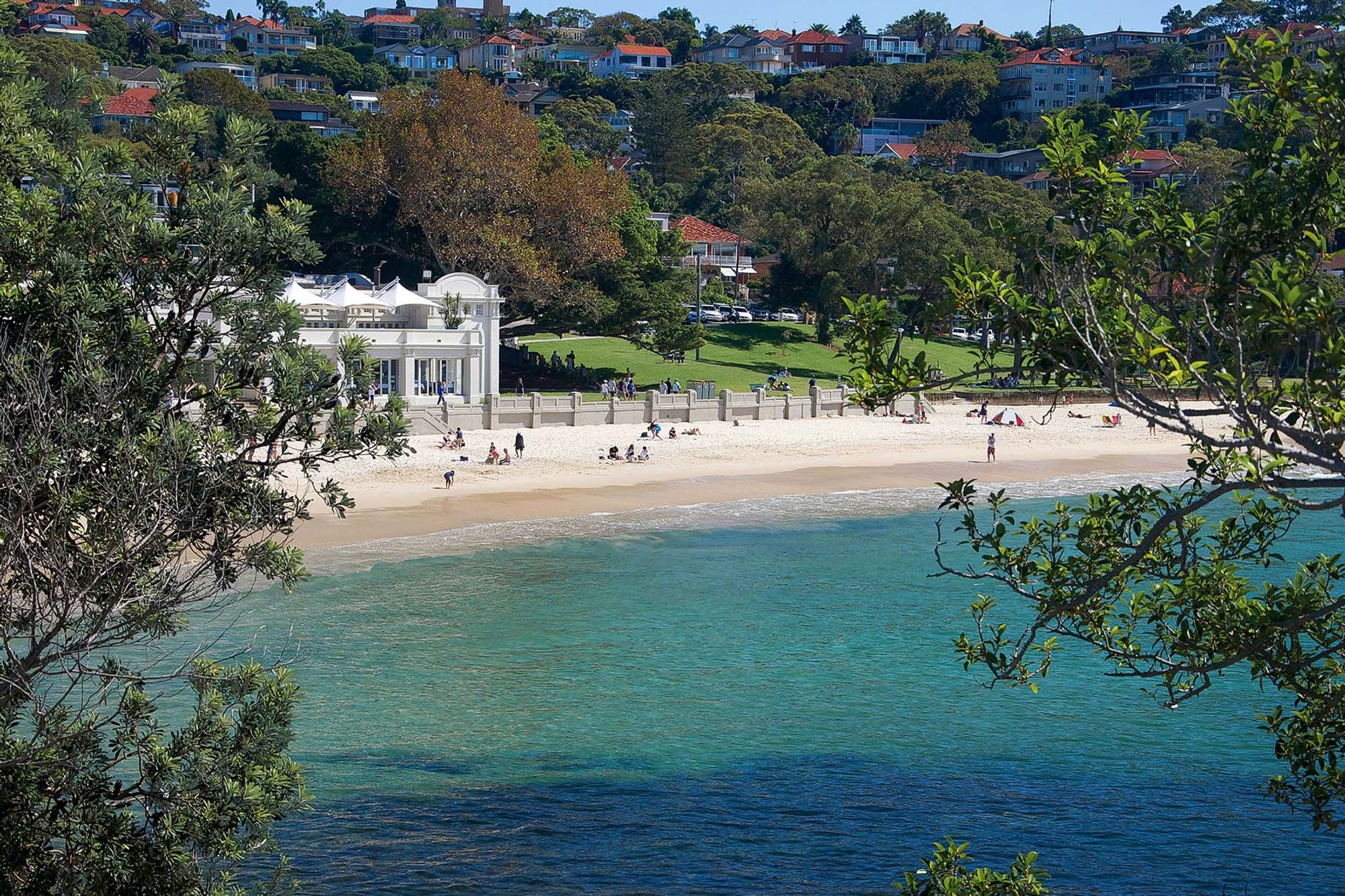
Has the Lower North Shore real estate market peaked?
Home ownership in the Lower North Shore is still in hot demand and with limited supply it’s hard to see our market weakening in the immediate future. But has the market peaked? This is a question we are asked all the time.
To answer this question, here is a deep dive into property cycles, what the different stages are, the signs to look for when the cycle is changing, and what the experts are saying about the property market now.
What are property cycles?
Property cycles typically go like this boom, downturn, stabilisation, upturn and on it goes until the next boom.
There are two major influences of a property cycle, the first is the number of properties for sale and the other is the number of people looking to buy property.
When there are more people looking to buy property than there are properties on the market then prices will rise. If the reverse happens and there is plenty of stock available but not enough buyers, then prices will fall .
It is advantageous to understand what stage a property cycle is at to help decide if the time is right to buy or sell property. However, there is no guarantee the market will behave the way it is forecasted to. To reduce any risk, it is better to look for long-term growth for a property rather than a short-term gain.
What factors effect a property cycle?
Although people talk about seven-year property cycles, it has been proven that the length of a property cycle has nothing to do with the number of years and it can vary from state to state and even suburb to suburb.
Economists take several factors into consideration when making forecasts about property cycles as listed below, however keep in mind it is near impossible to predict the exact time a market will shift.
-
Interest rates
-
Consumer confidence
-
Unemployment levels
-
Demographics
-
Broader economic climate
How do I understand if a property market has peaked?
Research Director of CoreLogic, Tim Lawless explains, ‘to categorise a market peak across a region, we would generally be looking for a consistent trend in negative monthly movements. To date, the quarterly trend remains positive across the major regions.’
Lower North Shore properties are still in hot demand. The large block sizes in many pockets of the Lower North Shore make them very desirable, particularly now as people are spending more time at home.
Investors are also attracted to the areas proximity to the Sydney CBD, its location to harbour beaches and lifestyle options along with the the range of properties on offer from apartments, semis, townhouses all the way through to houses. The Lower North Shore is particularly popular with renters who may not be able to afford to buy in the area but can rent and access all it has to offer.
The demand is still strong across the Lower North Shore, but less stock is being listed now. There is also high demand for rental properties and again an issue with supply.
What to look for when a market is heading toward its peak
When there is an increase in new listings and a decrease in the demand for property then the market starts to flatten out. With the decrease in demand, homes tend to sit on the market a while longer, reducing the bargaining power of vendors and giving buyers some control.
“Normally, housing growth trends will gradually slow before moving into a correction phase, which is what we are seeing now. However, this isn’t always the case. During periods of shock such as the GFC or early in the pandemic, housing trends turned quite sharply into negative territory,” Mr Lawless says.
For home buyers and investors looking at property in the Lower North Shore, keep and eye on the number of houses and units being advertised, how quickly they are selling and how much they are selling for.
“Once a market peaks, the typical trend is that values will experience a period of decline,” Mr Lawless says.
Trends property watchers should keep an eye on
‘Although there are predictions that the market will head from boom to downturn, the expectation is housing values will continue to rise in the short term.
Interest rates will play a part in how the market reacts but even if they rise earlier than expected the flattening of property values will happen gradually. Economic influences, such as the cost of debt, is forecast to remain well below long term averages, keeping housing in demand for now.
“We could see our two biggest capital city markets Sydney and Melbourne hit their peak later this year although the timing is highly uncertain and depends on a broad range of influences,” said Mr Lawless.
To talk to our local team about the Lower North Shore and surrounding market and what it means for your property, click here.
Other selling a house or apartment in the Lower North Shore resources and information
Selling off market in Mosman and how to get a great result 2022 Mosman property market forecast What will buyers pay more for post COVID-19 in Mosman Mosman selling a property guide Mosman styling to sell checklist How much is my property worth?
This information is provided subject to our Terms and Conditions.
Was this content helpful to you?





